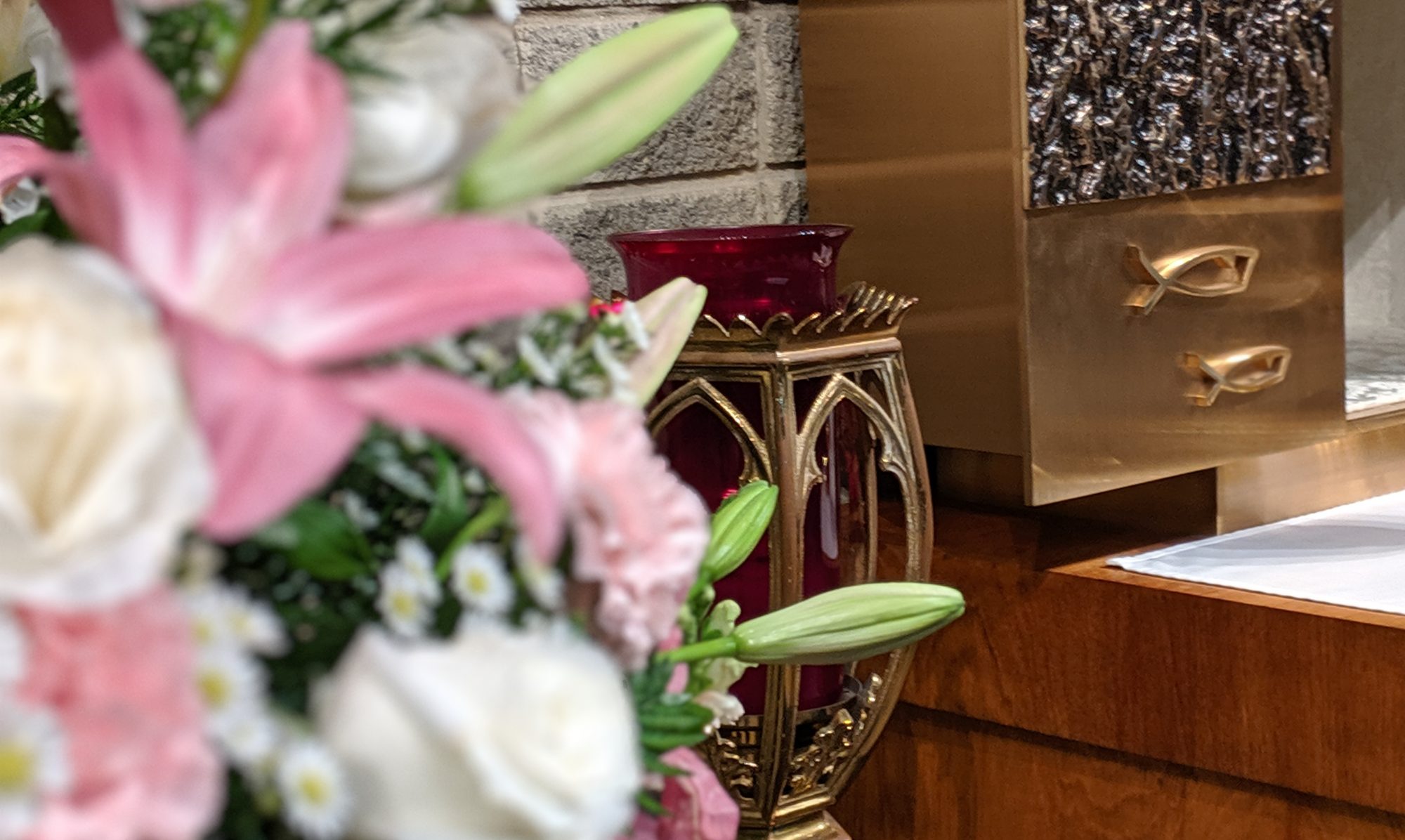I was walking along a street in Dublin city center on a cold, wintry, wet, dark evening a few years ago, and two old “down and outs” were a few paces in front of me. Neither of them was better for ware, but one old chap was definitely sick. He was hunched over, coughing, and struggling along with the help of his friend. As the rain fell gently down on them, they came to a slow halt and one old chap put his plastic bag of belongings down on the ground and slowly took off his overcoat. He then proceeded to put his coat over his ill companion who already had a coat. He tried to shrug him off, but the old boy insisted, and he put the coat on his friend. He then took up his bag, containing his worldly belongings, took his friend by the arm, and they slowly walked on. If that’s not nobility, I don’t know what is; and if God doesn’t see that well then, He is blind.
I don’t know about you, but I’ve never been big on the idea of kings, queens, monarchs, royalty, aristocracy, blue blood, or all that stuff. If history tells us anything about monarchs and royalty it is that one set of thugs violently replaced another set of thugs while inflicting war, destruction, brutality, atrocities, and even genocide on their own and other peoples. Ireland’s experience with royal guardianship was not a happy one no matter who the king or queen was, no matter what their religion, or if they were home grown or some foreign pretentious idiots. The idea that one person, because of an accident of birth, is considered to have more value than another, more privileged than another, more rights, more honored, more dignity and value than another, is pure dung. The notion of inherited privilege like this is created by bullies and supported by imbeciles.
Dr. Martin Luther King spoke of nobility of character, Shakespear spoke of a nobility of mercy (Titus Andronicus, Act 1, Scene 1), and Thomas Jefferson spoke of a nobility of virtue and talent: “There is a natural aristocracy among men. The grounds of this are virtue and talent.” The French existentialist philosopher Albert Camus said that: “Real nobility is based on scorn, courage and profound indifference.” Our own baptism ritual tells us that we are all sealed with the chrism of salvation that in God’s eyes makes us “priests, prophets, and kings.” So, I guess, in this sense we are all nobility. In God’s Kingdom we are all royalty, we are all privileged, we all have dignity, we all have honor and value. Of course, we don’t always see ourselves or others in this way, and we don’t always treat others as if they have value and dignity. Where does our nobility come from? God created us all, and God even now holds us in being, that is what gives us dignity, value, and worth. We are created by God, we are His children, that makes us brothers and sisters, equal, valuable, dignified.
When we look to understand nobility we look to Jesus, His life, His example, and His teaching. And what do we find? A man who cares for the sick, feeds the hungry, forgives sinners, spends time with tax collectors, washes the feet of His disciples, cures lepers, delivers the possessed from the grip of the demons, a man who challenges the powerful and raises up the humble, a man of compassion, charity, courage, strength, conviction. We see a man willing to die for others. What does it mean to be noble – look to Jesus. Jesus teaches us an aristocracy, a nobility, of love. In the Gospel today, Jesus tells us what the key to life is, on earth and in heaven.
